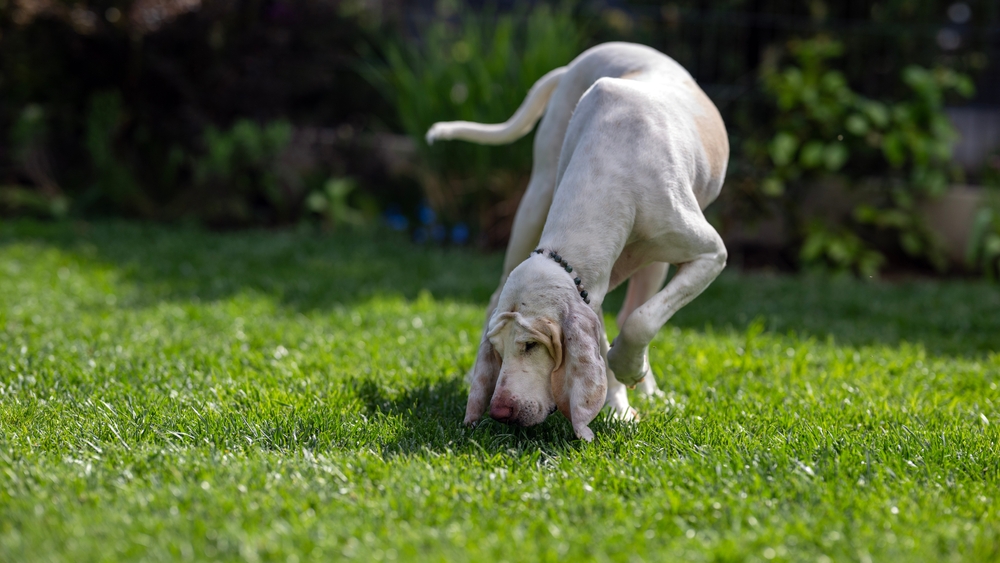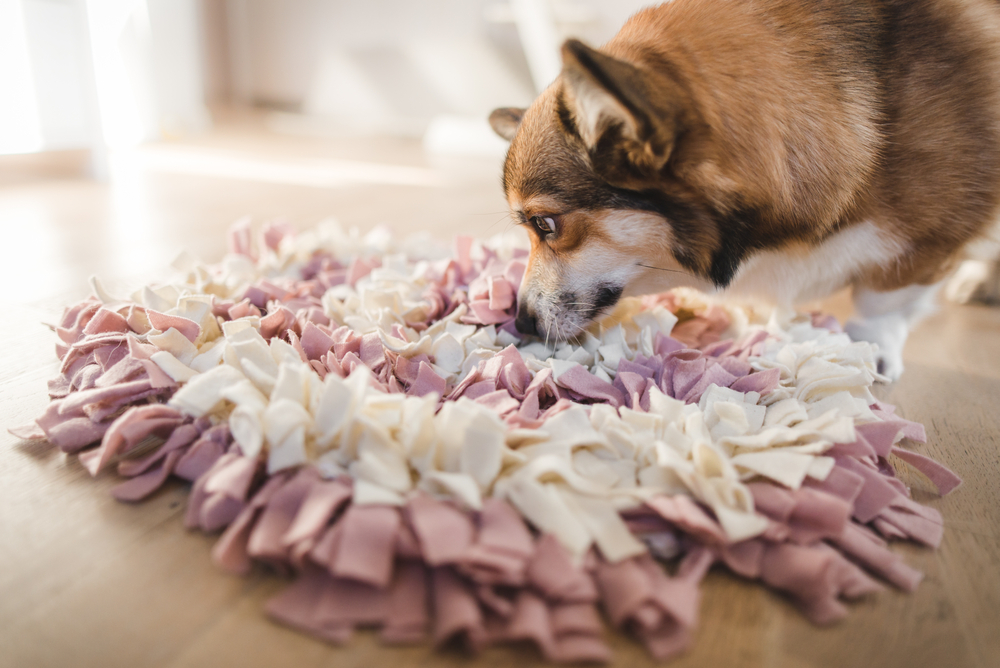Welcome to our “Ask Dr. Paola” series, where every Monday we bring expert advice straight from Dr. Paola Cuevas (MVZ) to help our readers better understand their dog’s health and well-being.
Whether you’re a new pet parent or a seasoned dog lover, Dr. Paola is here to provide answers to your most pressing questions. From nutrition tips and preventive care to troubleshooting common behavioral issues, Dr. Paola is ready to offer insights that will keep your furry friend happy and healthy. Stay tuned for expert guidance on a range of topics that matter most to you and your dog, so you can make informed decisions and provide the best possible care for your canine companion. Have a question? Send it in here! 
Help! My Dog Has Lumps!
“ My dog has these lumps and like stuff on her it’s like I brush her and chunks of like scabs come out of her and like white flakes I don’t know what to do ” – Lisa (Mom to Coco)
Dear Lisa,
I’m sorry to hear about Coco’s skin issues. The combination of lumps, scabs, and white flakes you’re observing can result from several underlying conditions. Some possibilities include environmental or food allergies, bacterial or fungal infections, parasitic infestations, a condition called seborrhea, or even skin malignancies such as cutaneous lymphoma.
Dermatological cases are complex because a variety of potential causes can present similar signs. Therefore it is necessary to take Coco to see a veterinarian for an accurate diagnosis. They likely will need to perform skin scrapings for a cytology examination on the microscope, and might even need to collect a blood sample or a skin biopsy to determine the exact cause of Coco’s skin problems.
In the meantime, ensure Coco is on a balanced diet rich in essential fatty acids, as these can promote healthy skin and coat. Your vet will be able to recommend a suitable dog shampoo, which might be medicated depending on the diagnosis. You might also need a pour on oral medication or perhaps topical creams. Once the vet has the diagnosis, Coco can get the best treatment for her case.
Dr. Paola




Help! My Dog Eats Poop!
“Hi Dr. Paola. Our Ace, ex-shelter dog/puppy mill, won’t eat regular food…he seeks out poop to eat and will only eat sparingly dry dog food sometimes. We have made him all kinds of different foods…pork, beef, sausages, all kinds of prepared dog food. We just cannot get him to eat anything regularly. We are worried he will get ill because he doesn’t eat anything consistently. One thing he does eat is beef jerky, but it seems he doesn’t know what dog treats are and snubs pretty much all of them. We are at a loss as to what to do.” – Gerald
Hi Gerald,
First of all, thank you for rescuing Ace! It’s not uncommon for dogs from challenging backgrounds, such as shelters or puppy mills, to exhibit selective eating habits and behaviors like coprophagia (stool eating). These behavioral cases often stem from previous neglect, stress, or inadequate nutrition. Sadly, many of these puppies are left unattended and hungry in dirty cages.
To address Ace’s selective eating, it’s important to establish a consistent feeding routine with balanced, high-quality dog food. Gradually introducing new foods and minimizing treats like beef jerky can encourage healthier eating habits. Regarding coprophagia (eating poop), prompt clean-up of feces and providing engaging activities can help reduce this behavior.
Consulting with a veterinarian is crucial to rule out any underlying health issues because his case of coprophagia could also involve medical problems like nutritional deficiencies or gastrointestinal disorders. A vet will need to collect some samples and rule out medical possibilities. Hopefully, he also guide you on how to help Ace build a strong and healthy gut microbiome to ensure his immune system and overall health improves. Best wishes, and again, thank you for giving Ace a second chance and for your love and care.
Dr. Paola




Help! My Dog Hiccups After He Eats!
“My dog Chaz, more often than not, gets the hiccups after he eats. Should I be worried?” – Rhea
Hi Rhea, in most cases, hiccups in dogs are harmless and often result from eating or drinking too quickly and ingesting excess air. The gastric distention triggers the diaphragm causing its involuntary contraction…the famous hiccups. If this sounds like Chaz, you must try to slow him down during mealtimes, especially because eating too fast can cause a very dangerous (GDV (Gastric Dilatation-Volvulus), more commonly referred to as “bloat”).
You can use a variety of slow feeder bowls or interactive puzzle feeders. Offering a rotation of these is also a great way to offer him some mental stimulation! You can offer him smaller, more frequent meals throughout the day to prevent gastric distension and decrease the likelihood of hiccups. You should also ensure that Chaz can enjoy his meals in a calm and stress-free environment.
If Chaz’s hiccups persist for more than an hour or are accompanied by other signs such as coughing, wheezing, vomiting, or changes in appetite or behavior, it’s important to consult your veterinarian. These signs could indicate an underlying health issue that requires professional evaluation.
Good luck!
Dr. Paola
This article is a part of our weekly Ask Dr. Paola series
